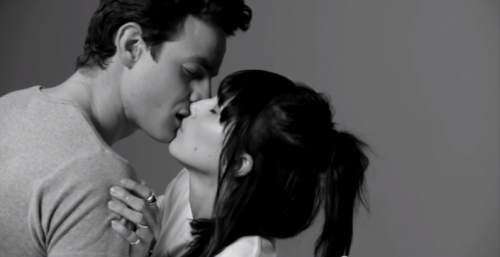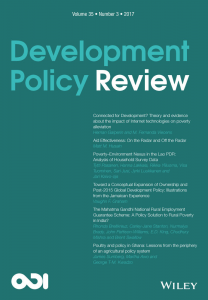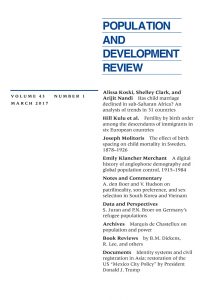Kissing Strangers

Source: http://intothegloss.com/
Last summer, I was sent a message from a complete stranger through OkCupid, asking if I would like to meet him for a no-strings attached snog*. The message went like this:
Being a sociologist, and obsessively interested in relationships and sexuality, (and, partly, a hot-blooded woman) I couldn’t resist the opportunity to be part of snoggy a social experiment. Already it raised questions in my head about the nature of online dating, romance, and gender norms. Would it be perpetuating romantic ideals to do something ‘just like a Diet Coke advert‘? Was saying ‘yes’ to him asking for a kiss an act of consent? It felt like it might just be replicating typical gender norms (man asks woman for a kiss, how very Jane Austen…) Or maybe it could be empowering and agentic to admit that I we want to kiss a perfect stranger.
Either way, I got to kiss an attractive stranger. We met in some late August sunshine, in a park, for a no-strings attached snog. It was all planned out: we approached from opposite ends, and without conversing further or even properly saying hello with more than a smile, we kissed. Against all of my critical, feminist disbelief in romance and (hyper)awareness of the social construction of love, I surprised myself. It was, and remains, one of the most romantic things I have ever done. Short of a rainstorm or him turning out to actually be Ryan Gosling, it couldn’t have been much better.
Last year a short video called ‘first kiss’ went viral around my news feed; a short film made by the director Tatia Pilieva of pairs of strangers kissing for the first time. The result is, even to this ardent anti-romantic sociologist, also beautifully romantic. Each of the kisses starts awkwardly, neither of the couple are sure how they should start it or who should begin, they go the same way and don’t know where to put their hands, and there is a lot of smiling and giggling. Then the kisses start and it becomes romantic and passionate. I wish I could say I didn’t love this video when I saw it, but I did: it encompasses everything that first kiss is supposed to be. It ticks all the boxes, and it made people smile and feel good.
It later turned out that it had been an advert for a clothing brand; a really good piece of viral marketing that left us all feeling a bit cheated. True to form, Vice made a pseudo-parody video called ‘We Got 20 British Strangers Who Aren’t Models to Kiss Each Other’, and that promptly went viral too. We all admitted we had been duped by these attractive pairs of ‘strangers’. They were models, actors, musicians, and they were used to (and very good at) performing these emotions. They performed them so well that we were right there with them, just like any good romantic film or book or other cultural output. The point of songs and representations of love and romance is they make you want, they make you feel, and they show us what it is supposed to look like. Susan Bordo, talking about sexual arousal in a way that is easily applicable to romance too, notes that, ‘We learn what it looks and sounds like from the movies, and – as with any language – we pick up the grammar and syntax without being aware of it’.
The idea that romance is a crucial and important part of love and relationships is still relatively new. Before the ‘invention’ of romantic love in the 18th Century (interestingly, often attributed to the rise of fictional literature), marriage was an economic contract, rarely related to desire or sexuality or what we might now call romance. In contrast, romantic love now is seen as a pre-requisite to healthy and stable relationships and something that all individuals and couples must and should strive towards. Indeed with the rise of therapy culture, being unable to love is taken as a pathological failing in the self. At the same time, romance in particular has become commodified and bound up in consumerism. The marriage proposal is a particularly good example of this: arguably the epitome of the romantic relationship, there are websites, books and magazines dedicated to crafting the ‘perfect proposal’ and perfect wedding. The moment has to be perfect, or the love won’t last; they do not come for free.
Despite the conflating of romance and consumerism, we still somehow feel cheated when it turns out that a video of two strangers kissing is actually an advert. There is something sacred about our relationship with love and romance that we want to keep away from commercialism, even while we know that romance exists as a precursor to the contractual obligations (however pleasant they may be) of relationships and marriages. Once again, I am being cynical. But maybe there is room for optimism, too. Romance being an illusion doesn’t make it any less enjoyable, but maybe there is a way to subvert its connection with social norms and commercialism.
At the risk of sounding like Carrie Bradshaw: Could it really be that simple, that a day with a snog in it was better than a day without?
*Snog is a UK colloquial word for a kiss, although it has a certain British currency here that I’m not sure translates into other cultures. If anyone knows of an equivalent in other countries I would love to hear them!
Endnote: The stranger snogging is still ongoing, and the stories of the snogs can be found here: http://justasnog.blogspot.co.uk. The snogger tweets @DoubleDas82
References/Further reading
Bordo, Susan. The Male Body: A Look at Men in Public and in Private. New York: Farrar, Straus and Giroux, 1999
Carter, J. (2013). The curious absence of love stories in women’s talk. The Sociological Review, 61(4), 728-744.



1540-6210/asset/society_affiliation_image.gif?v=1&s=812a48e1b22880cc84f94f210b57b44da3ec16f9)
1728-4457/asset/PopulationCouncilLogo.jpg?v=1&s=03074651676b98d6b9d0ef1234bd48fe7ff937c3)
My (American) understanding of “Snog” was always more closely associated to like “make-out.” Not a singular kiss, but an extended kissing session, probably with tongues rather than without. Is that accurate?
That’s about right, yes! Thanks Heather.